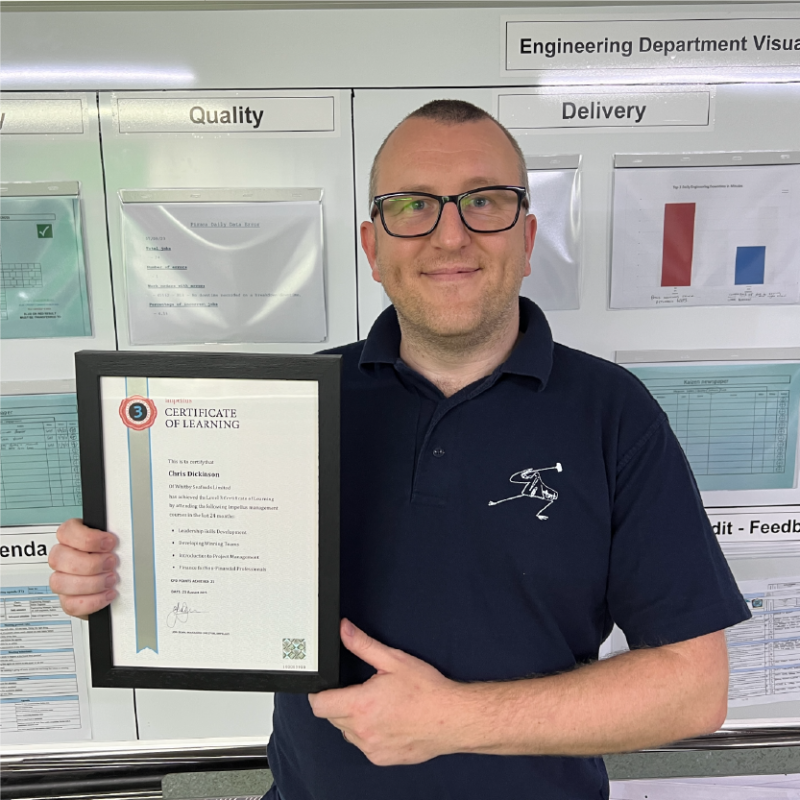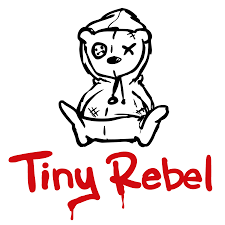Having a perfect team is like having a perfect garden – it is never going to be quite right: there will always be things you can do to improve it and work that needs to be done to tidy up after last season and prepare for the future. However, there is a difference between the team that needs regular maintenance and the one that is dysfunctional at its core. And too many leaders find themselves trying to improve their team with regular maintenance when fundamental dysfunctional behaviour really needs to be dealt with.
There are 5 types of dysfunctional behaviour commonly seen in a team dynamic.
Absence of Trust
Trust is an important element of team dynamics. Team members don’t need to be at the stage of trusting others with their lives, but they do need to be able to trust that when someone promises to do something they can expect it to get done, or at least to be told in a timely fashion if there is a problem with achieving it.
If you have problems with trust, it will normally be because trust has been broken too many times in the past. If it is one or two people who are guilty of this, then it is your job as manager to point this out and get to the bottom of the behaviour that causes it. Often trust issues can be caused by people feeling under excessive pressure to say yes to something they know they can’t achieve and then there is a systemic problem that needs to be addressed.
Fear of Conflict
Many people hate conflict. Only a very few actually claim to relish it. Most people want a quiet life and if they can avoid conflict they are the happier for it. If you get just one person in a team who reacts aggressively when approached, then it can cause the whole team to try to find ways to avoid that situation again and this causes inefficiencies and wasted energy in the team dynamic.
So to deal with it, you, as leader, have to find out why the individual is reacting badly, i.e. get to the root cause and solve it. That involves two things: 1. finding out why the individual is getting so stressed and dealing with it, and 2. giving them a better strategy for dealing with their frustrations.
Lack of Commitment
Low commitment is subtle one to solve. There are potentially many reasons why an individual may feel low on commitment to their job. Some may be personal – e.g. they are bored and haven’t realised it, or they may have been badly treated so many times that they choose to leave most of their enthusiasm at home.
But often it is a cultural thing that has to be dealt with by the organisation as a whole. You have to create a culture where once something is promised it must be delivered and people take pride in high quality work. This type of culture change must be demonstrated first by senior management (all of them) and everyone must be rewarded for showing the same behaviour. Culture change of this nature can take a long time but ultimately it will make everyone happier and more fulfilled.
Avoidance of Accountability
People tend to avoid being accountable for something when they don’t feel the organisation will support them in what they are doing. Again it is a cultural issue where the lead needs to come from the senior management to assign who is responsible for what and then hold them to it throughout the organisation.
Inattention to Results
It is easier in some situations to be results driven than in others, but no team can function well if people aren’t clear about “what good looks like”. So it is important to publish management information for everyone to see, and to identify key performance indicators (KPIs) for all teams so everyone is clear about what needs to be achieved and how they are performing against expectations.
If you have problems with performance in your organisation, it is worth taking time with these five areas and work on solving the systemic issues behind them. In most of these issues the lead must come from senior management unanimously setting an example of the desired behaviour.
If you’d like to learn more about improving teamwork what about attending our Developing Winning Teams course?























